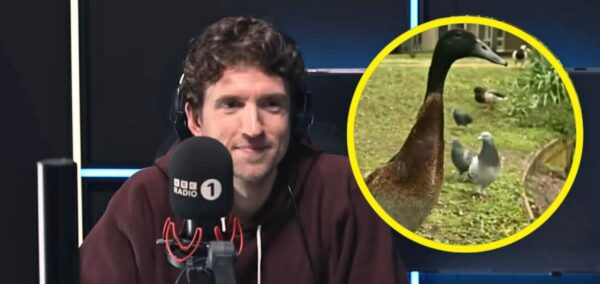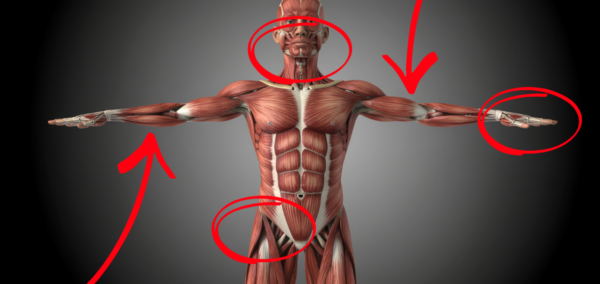
UCU marking boycott set to go ahead at University of Nottingham
Whilst many students will be unaffected by this action, what does it mean for those that will be?
The University and College Union (UCU) has verified that industrial action will continue in the form of “action short of a strike” during the summer term.
This begins today, on Thursday 20th April, and coincides with the university’s assessment period.
In summary, the boycott covers summative marking and assessment duties, assessment related work such as exam invigilation and the processing of marks and will continue for six months (until October 2023) unless the disputes are settled or UCU calls it off. All higher education will be affected.
Today, UCU members at 145 universities in the UK begin a marking and assessment boycott (MAB)
To support members through the action we have created a new web page containing FAQs, advice, and guidance for branches challenging deductions
LINK: https://t.co/muAwzgNDbo#ucuRISING
— UCU (@ucu) April 20, 2023
In a statement published to the University of Nottingham website, a spokesperson has said:
“Some staff may take part in a marking boycott as part of action short of a strike. While many of our students will be unaffected by this action, some may be. We understand that you might be concerned about how this could affect your marks, progression to your next year of study, or graduation.
“Please be reassured that we expect your examinations and assessments to take place as currently planned. Your papers are prepared well in advance of the exam period, so continue to revise and prepare to do your very best in your assessments. If you don’t complete your assessments, you will get a mark of zero.”
Of course, the university does have a contingency plan in place to “mitigate against the potential impact of the boycott” which can be found here contingency and classification regulations.
“The contingency regulations mean that, despite the potential impact of the boycott on some students and some courses, we expect to have enough evidence of your academic performance to make appropriate decisions regarding your progression or graduation this summer. The key points can be summarised as follows:
Where all marking is completed
Most Read
“If all the marking for your module is completed, we will use the completed module mark as usual. If you meet the required pass marks for your programme, your progression or graduation will be unaffected by the marking boycott.
Part-for-whole marking
“If some of the marking for your module is not completed, and you have already received marks for the module that are – according to the module guide – worth at least 40% of the module, then we will use your mark for that assessment as the whole mark for the module, on a ‘part-for-whole’ basis. The way that we do that is described in full on our Quality Manual webpages.
Derived mark
“If some of the marking for your module is not completed, and we have not been able to mark assessments worth at least 40% of a module, then we will derive a mark for you based on your past performance and give you that mark for the elements that are unmarked.
“To qualify for a derived mark in an assessment that we’re not able to mark this semester, you must have completed that assessment. If you don’t complete it, you’ll receive a mark of zero for that assessment.
“If the marking boycott affects your module and part-for-whole or derived marking is used to generate your mark, then you can accept this as your final mark. It will appear on your transcript and can be used to help schools make progression and classification decisions according to the normal schedule.”
It’s important to remember that most students will be unaffected by the marking boycott.
“We expect either the part-for-whole or the derived mark regulations to apply to those students impacted. In the unlikely event that your school can’t determine whether you have met these requirements for your programme, they will contact you direct via your university email.”
More information can be found on the university website here, regarding further options and graduation.
Related articles recommended by this author:
• Nottingham Trent University student allegedly raped girl he met on Tinder
• University of Nottingham student says she was ‘given no support’ after being spiked
• Nottingham students receive £3,000 rent refund from their ‘coercive and abusive’ landlord


















